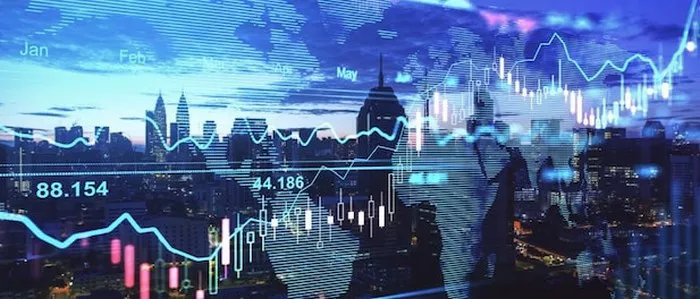The world of finance is a vast and interconnected landscape, offering a multitude of investment opportunities. Among the various financial instruments available, futures trading stands out as a dynamic and versatile option. Futures contracts provide investors with the ability to speculate on the future prices of assets ranging from commodities and currencies to indices and interest rates.
Futures Exchanges: The Heart of Trading
Futures trading takes place primarily on futures exchanges, which serve as central marketplaces for buying and selling futures contracts. These exchanges facilitate the interaction between buyers and sellers, ensuring efficient price discovery and execution of trades. Prominent futures exchanges include the Chicago Mercantile Exchange (CME), New York Mercantile Exchange (NYMEX), Intercontinental Exchange (ICE), and Eurex, among others. These exchanges offer a wide range of futures contracts, covering commodities, currencies, equity indices, interest rates, and more.
Commodity Exchanges: Trading Tangible Assets
Commodity futures represent a significant segment of the futures market. Commodity exchanges specialize in facilitating the trading of contracts related to physical goods, such as agricultural products (e.g., corn, wheat), energy resources (e.g., crude oil, natural gas), and metals (e.g., gold, silver). Traders interested in participating in the commodities market can do so by accessing commodity exchanges and choosing contracts that align with their investment strategies.
Financial Futures Exchanges: Exploring Financial Instruments
Financial futures encompass contracts tied to financial instruments rather than physical commodities. These contracts allow traders to speculate on the future value of financial assets, such as stock market indices, interest rates, and currencies. Futures exchanges dedicated to financial products offer an array of contracts that cater to traders seeking exposure to market movements and economic trends without owning the underlying assets.
Online Futures Brokers: Direct Access to Markets
The advent of technology has revolutionized the way investors access and participate in the futures markets. Online futures brokers provide individuals and institutional traders with direct access to trading platforms, enabling them to execute trades from the comfort of their homes or offices. These brokers offer trading accounts, research tools, real-time market data, and execution capabilities that empower traders to enter and exit positions efficiently.
Institutional Trading Platforms: Tailored Solutions
Institutional traders, including hedge funds, investment banks, and large asset managers, often require advanced trading solutions to manage complex strategies and large volumes of trades. Institutional trading platforms cater to the unique needs of these entities, offering features such as algorithmic trading, high-frequency trading, and access to global markets. These platforms are designed to handle significant trading volumes and provide sophisticated risk management tools.
Exchange-Traded Funds (ETFs): A Hybrid Approach
Exchange-traded funds (ETFs) offer a unique way to access futures markets indirectly. While ETFs themselves are traded on stock exchanges, some ETFs are structured to track the performance of specific futures contracts. These ETFs provide investors with exposure to futures markets without the need to open futures trading accounts. This approach combines the convenience of stock trading with the potential benefits of futures contracts.
Managed Futures Funds: Professional Management
For individuals seeking exposure to futures markets without actively trading themselves, managed futures funds offer a viable option. These funds are managed by professional money managers who make trading decisions on behalf of investors. Managed futures funds provide diversification across various futures contracts and strategies, potentially reducing risk through professional management.
Global Reach: Access from Anywhere
One of the standout features of futures trading is its global accessibility. Investors can participate in futures markets from virtually anywhere in the world, provided they have access to the necessary technology and infrastructure. The global nature of futures trading allows traders to capitalize on market opportunities across different time zones and benefit from the interplay of international economic events.
Educational Resources: Knowledge is Key
Before delving into futures trading, it’s essential for individuals to educate themselves about the intricacies of the market. Many trading platforms and brokers offer educational resources, including webinars, tutorials, and research materials. These resources help traders understand the mechanics of futures contracts, learn about different trading strategies, and gain insights into risk management techniques.
Conclusion
The world of futures trading offers a multitude of platforms and avenues for investors to engage in dynamic and potentially lucrative markets. From traditional futures exchanges and online brokers to ETFs and managed futures funds, individuals and institutional traders have a plethora of options to choose from. The global accessibility, diverse range of assets, and technological advancements have democratized futures trading, enabling participants of varying levels of expertise to navigate the markets, implement strategies, and make informed investment decisions. Whether seeking to hedge risk, speculate on price movements, or diversify portfolios, futures trading stands as a versatile tool in the arsenal of modern investors.


